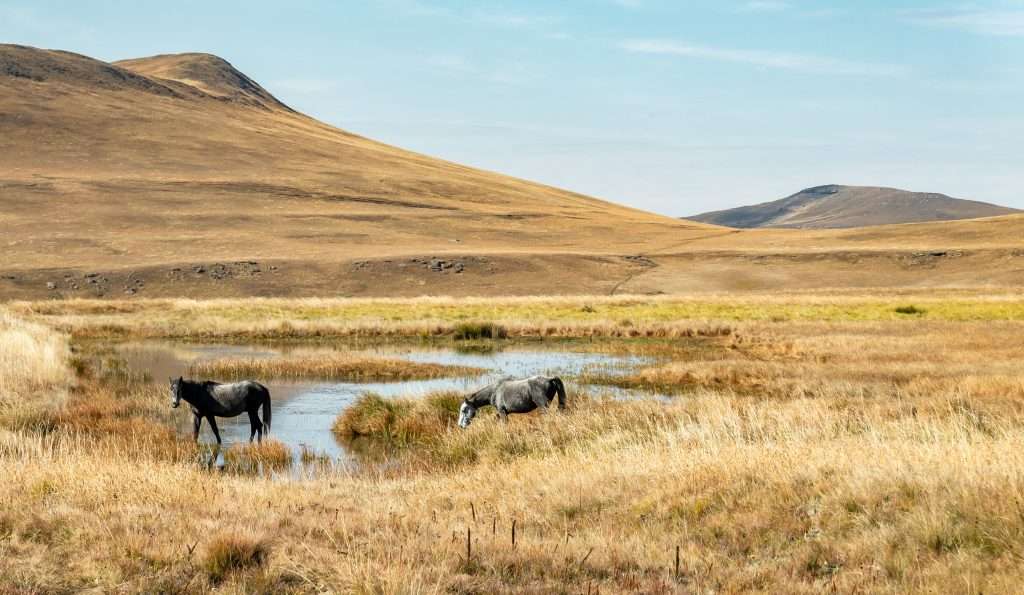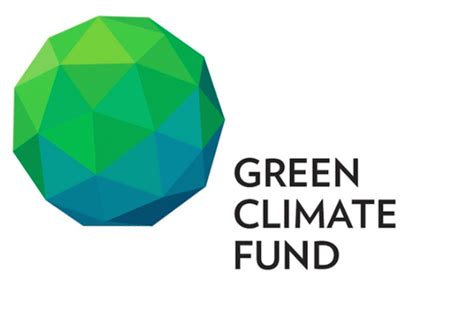Learn About
Climate Technology
Climate Technology
Enhancing technology development, transfer, deployment, and dissemination is a key pillar of the international response to climate change. As a result, and to support the implementation of the United Nations Framework Convention on Climate Change (UNFCCC) and the Paris Agreement. Parties to the UNFCCC are engaged in the elaboration of the technology framework to further promote and facilitate enhanced action on technology development and transfer, where the work on Technology Needs Assessments will play a key role in the implementation of environmentally sound technologies for mitigation and adaptation.





The Climate Technology Needs Assessments referenced in the Paris agreement, requests:
- The undertaking and updating of climate technology needs assessments, as well as the enhanced implementation of their results, particularly technology action plans and project ideas, through the preparation of bankable projects.
- The provision of enhanced financial and technical support for the implementation of the results of the climate technology needs assessments.
Lesotho undertook the development of its first Technology Needs Assessment (TNA) in 2004 to identify, select and prioritise technologies that were needed. The TNA was prepared for Energy and Land Use and Land Use Change and Forestry (LULUCF) as they were found to be the major emitting sectors from the First National Communications.



In 2022, Lesotho started developing her second Technology Needs Assessment (TNA-Adaptation and TNA-Mitigation). The TNA preparation process that includes Barrier Analysis Enabling Framework (BAEF), Technology Action Plan (TAP) and development of a concept note is expected to be finalised in June 2024.
The TNA identified and prioritized through country-driven participatory processes, technologies that can contribute to mitigation and adaptation goals of Lesotho, while meeting national sustainable development goals and priorities and to identify barriers hindering the acquisition, deployment, and diffusion of prioritized technologies; and to develop Technology Action Plans (TAP) specifying activities and enabling frameworks to overcome the barriers and facilitate the transfer, adoption, and diffusion of selected technologies in Lesotho.
The 4th GHG inventory identified Energy and Agriculture, Forestry and Other Land Use (AFOLU) as the major emitting sectors. Hence, technologies for these two sectors were developed under Mitigation. On the other hand, two most vulnerable sectors in Lesotho, namely Water and Agriculture were considered for Adaptation. See Barrier Analysis Enabling Framework (BAEF) Technology Action Plan (TAP)




